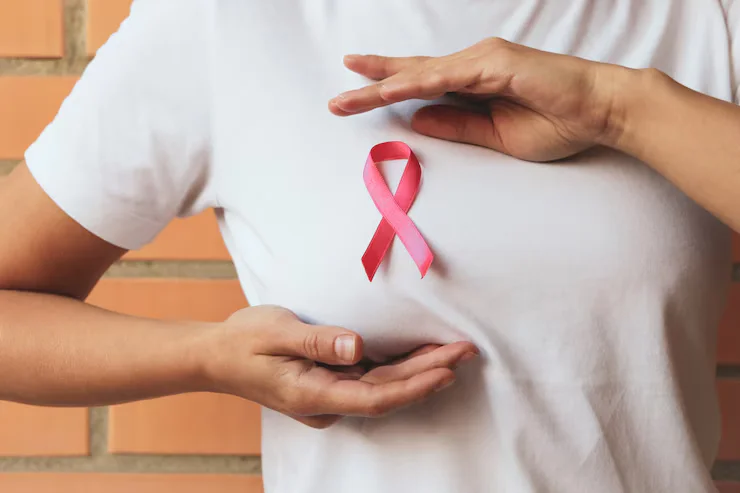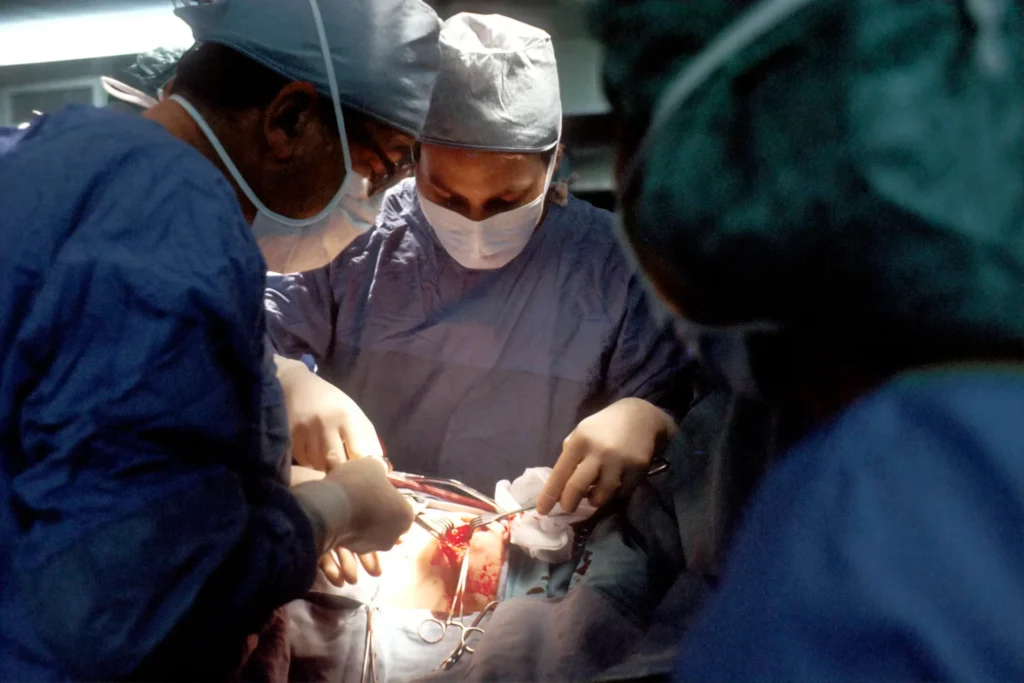-
BP Poddar Hospital
BP Poddar Hospital

Discover easy steps to follow for Breast Cancer Recovery. Learn how to regain strength and health after breast cancer with helpful tips and guidance from one of the best surgical oncologists.

Recovering from breast cancer is one of the most challenging yet rewarding journeys one can go through. Every woman’s experience is unique, and the recovery process depends on various factors such as treatment type, physical health, and emotional well-being. While it may seem overwhelming at first, understanding how to take control of your recovery can make a significant difference in your overall health and quality of life. This guide is designed to offer simple yet effective steps to support Breast Cancer Recovery.
Recovery from breast cancer goes far beyond physical healing. While it’s easy to focus on regaining your physical strength, the emotional and mental aspects of recovery are just as important. Whether you’ve finished your treatment or are still in the process, maintaining a holistic approach to recovery is essential.
It’s crucial to integrate physical care, mental well-being, and lifestyle choices to ensure that you’re healing in all areas. Regular exercise, a nutritious diet, positive thinking, and emotional support all contribute to your overall recovery.
While every person’s recovery journey is different, there are some common experiences that breast cancer survivors may face. These include:
Your recovery may take several months, and it’s essential to follow a balanced plan to regain your health and strength. Regular check-ups and patience are key in the recovery process.

After undergoing cancer treatment, your body needs time to heal. It’s normal to feel fatigued, and pushing yourself too hard can delay the healing process. Listen to your body and allow it to rest when needed. Resting is not just about sleeping; it’s about allowing your body to repair itself and regain energy.
Proper nutrition plays a significant role in the recovery process. Eating nutrient-dense foods will help your body repair tissues, strengthen your immune system, and maintain healthy energy levels. Focus on fresh, wholesome foods that offer essential vitamins, minerals, and antioxidants.
Avoid processed foods, sugary drinks, and excessive unhealthy fats, as they can hinder your recovery process and leave you feeling sluggish.
While it’s important to rest, staying active can improve your overall well-being. Gentle, low-impact exercises like walking, stretching, or swimming can help rebuild your muscle strength, improve circulation, and lift your mood. Always speak to your doctor before starting an exercise routine to ensure it’s appropriate for your situation.
Start slowly and gradually increase the intensity as you feel stronger. Aim for short, consistent sessions rather than long, intense workouts.
Emotional recovery is just as crucial as physical recovery. Many breast cancer survivors experience emotional highs and lows during and after their treatment. It’s normal to feel a range of emotions, including sadness, frustration, or even survivor’s guilt. Dealing with these emotions in a healthy way is vital for your recovery.
Having a support network, whether through family, friends, or professional help, can be a game-changer in your emotional recovery. It’s okay to ask for help when needed, and it’s important to take care of your mental health.
Follow-up visits to your oncologist are essential to track your recovery. Regular check-ups, screenings, and diagnostic tests will help your doctor ensure that there is no recurrence of the cancer. These appointments also provide an opportunity to address any concerns or side effects you may be experiencing.
Keeping track of your progress and staying committed to follow-up care will increase the chances of long-term remission and better health.

Recovery times vary, but many women begin to feel stronger a few months after treatment. It can take a year or longer to fully regain strength and heal emotionally.
It’s important to speak with your doctor before starting any exercise routine. Gentle activities like walking or stretching are often recommended once you’re feeling ready.
Seeking emotional support from friends, family, or a support group can help. Therapy and mindfulness practices can also reduce stress and emotional strain.
Focus on a diet rich in fresh fruits, vegetables, lean proteins, and whole grains. Avoid processed foods, sugary snacks, and excess fats, as they can slow down recovery.
Always contact your healthcare provider if you notice new symptoms or experience pain. Early detection is key in managing your recovery effectively.
Breast Cancer Recovery is a gradual process that involves nurturing both your body and mind. With a focus on proper nutrition, gentle exercise, mental well-being, and regular check-ups, you can regain your health and confidence after treatment.
Patience and perseverance will guide you through this journey. By being kind to yourself and seeking the right support, you’ll emerge stronger, healthier, and more resilient. Every step you take toward recovery, no matter how small, is a victory.
Throughout this journey, it’s crucial to focus on maintaining a healthy lifestyle, understanding your body’s needs, and staying proactive about your health. Remember to stay in close communication with your healthcare providers, as regular follow-ups are important in monitoring your recovery progress. Consulting with the best surgical oncologist in Kolkata can ensure that you receive personalized care and guidance tailored to your recovery. With the right support, you can enhance your quality of life, reduce the risk of recurrence, and regain a sense of normalcy. Always remember that recovery is unique to each individual, and your pace is the right one for you.

January 30, 2025

January 29, 2025

January 28, 2025